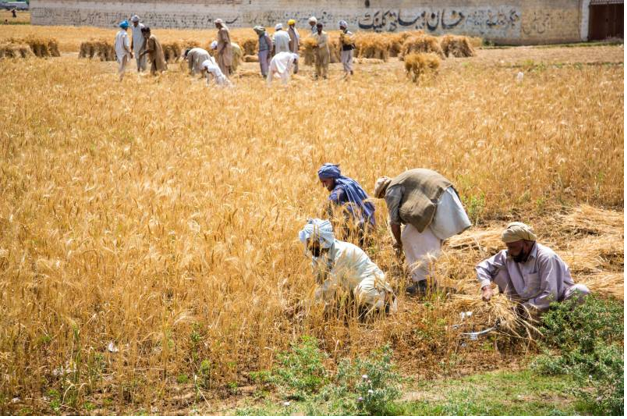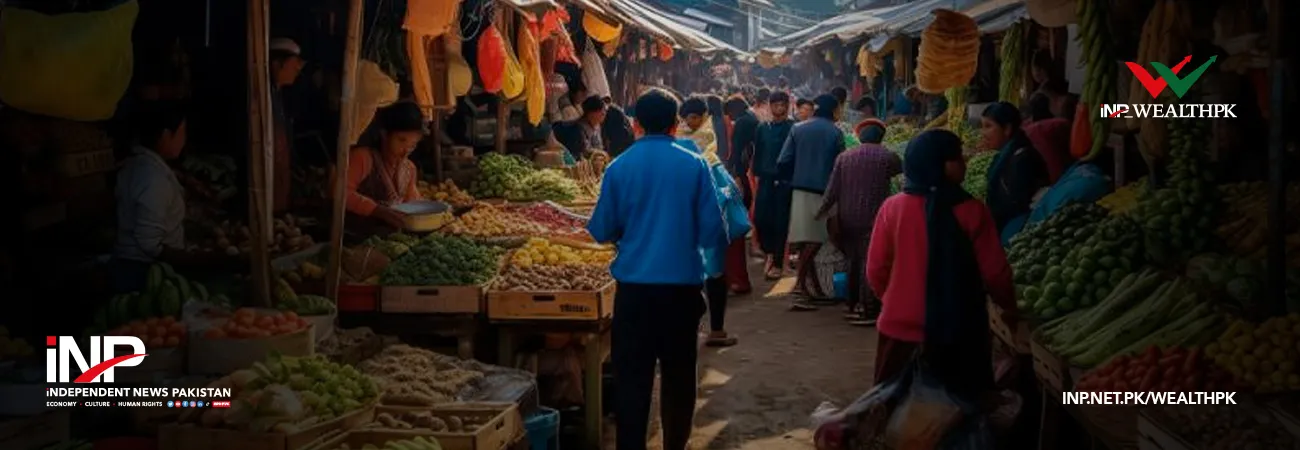INP-WealthPk
Moaaz Manzoor
Taxing agriculture and formalising the informal economy are vital steps for expanding Pakistan's tax base and achieving sustainable, equitable revenue growth, reports WealthPK.

Speaking to WealthPK, Eng Ahad Nazir, associate research fellow and head of the Centre for Private Sector Engagement at Sustainable Development Policy Institute (SDPI), highlighted the challenges Pakistan faced in broadening its tax base. “The agriculture sector, a major contributor to GDP, remains under-taxed, while the informal economy accounts for a significant portion of economic activity. Addressing the problem requires a multi-pronged approach of digitisation, better tax administration and incentives for formalisation,” he stressed.
Nazir noted that the government’s ambitious target of Rs13 trillion in tax revenues for the next fiscal year was achievable if reforms were directed toward compliance and equity. However, he cautioned against over-reliance on indirect taxes, which can harm both consumers and businesses. “The emphasis should be on progressive taxation,” Nazir stressed. To ensure fiscal stability, Nazir called for a balance between revenue mobilisation and public spending. He explained that prioritising development projects was key to enhancing productivity and reducing costs for businesses.
“Public resources should focus on investments in renewable energy, technology in agriculture, and human capital development,” he said. Such measures would not only improve the country’s fiscal health but also contribute to long-term economic resilience, he added. Mahmood Ali Shah Bukhari, Chief Executive Officer of Ktrade Securities Limited, shared similar views on the need for tax reforms. “The tax base has to improve, and there is no other way around it,” he told WealthPK. He commended the government’s efforts to eliminate the ‘non-filer’ sector, noting that this move was essential to ensure compliance and equity.
“People not paying taxes cannot be allowed to purchase cars or properties,” Bukhari remarked. He also expressed optimism about the Special Investment Facilitation Council (SIFC), describing it as a transformative initiative for Pakistan’s economic landscape. “The SIFC is an amazing initiative, and in the long run, the country will reap its benefits,” he added. Experts agree that a more inclusive tax system, supported by digitisation and equitable policies, is critical for addressing Pakistan’s fiscal challenges.
By integrating agriculture and informal sectors into the tax net and prioritising developmental investments, the government can not only enhance revenue generation but also promote fairness and economic stability. Pakistan’s taxation reforms must align with the broader goal of creating a sustainable and equitable fiscal framework. As the government works to meet its ambitious revenue targets, focusing on progressive taxation and prudent public spending will be crucial in ensuring economic resilience and growth.
Credit: INP-WealthPk













